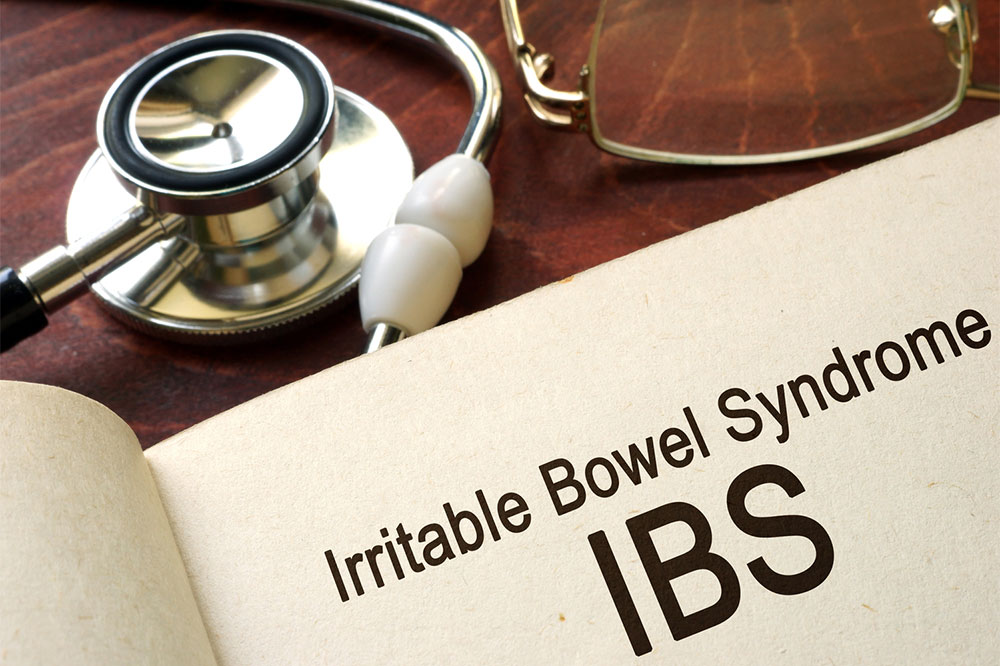Comprehensive Guide to Dementia: Causes, Symptoms, and Effective Management Strategies
This comprehensive guide explores the causes, early signs, and advanced management techniques for dementia. It emphasizes the importance of early detection, understanding symptoms, medical treatments, caregiving strategies, and emerging therapies to improve patient quality of life. Suitable for patients, caregivers, and healthcare professionals, this article aims to enhance awareness and provide valuable insights into this complex neurological syndrome.

Comprehensive Guide to Dementia: Causes, Symptoms, and Effective Management Strategies
Dementia represents a complex set of symptoms arising from the progressive damage or deterioration of brain cells. It is essential to note that dementia is not classified as a singular disease but rather as a syndrome—a collection of cognitive, behavioral, and psychological symptoms—that significantly impairs an individual's ability to perform daily activities. While traditionally associated with the aging population, dementia can affect adults of various ages, which underscores the importance of understanding its broader implications across different age groups. This extensive article delves deep into the diverse causes of dementia, the variety of signs and symptoms to recognize, and the latest management techniques available to improve the quality of life for those affected.
Understanding the Causes of Dementia
The primary driver behind dementia is the degeneration of brain cells, which disrupts normal brain functions. Several factors can accelerate this process, including genetic predispositions, lifestyle choices, and various medical conditions. Head injuries, cerebrovascular accidents such as strokes, and brain tumors are significant contributors that can lead to sudden or gradual onset of dementia symptoms. Moreover, neurodegenerative diseases like Alzheimer's disease, Parkinson's disease, Huntington's disease, and Lewy body dementia are among the most common causes of progressive cognitive decline.
It's noteworthy that while dementia predominantly affects older adults, younger individuals can also be afflicted, particularly in cases where brain trauma or illness occurs early in life. For example, traumatic brain injuries sustained during young adulthood can initiate neurodegenerative processes leading to early-onset dementia. The pathophysiology involves amyloid plaques, tau protein tangles, and other abnormal cellular changes that impair neuronal communication and lead to cell death.
Understanding these core causes is vital for early diagnosis and management. Prevention strategies involve maintaining cardiovascular health, managing risk factors such as hypertension, diabetes, obesity, and reducing head injury risks through safety measures. Additionally, ongoing research continues to uncover promising avenues for delaying the onset or progression of dementia by targeting these underlying causes.
While dementia primarily afflicts older populations, early signs can indicate the need for prompt medical evaluation, even in middle-aged adults. Detecting these signs early allows for better management and potentially slowing disease progression. Unlike normal age-related forgetfulness, dementia-associated memory loss worsens over time, culminating in a significant impact on daily life. Recognizing the subtle early symptoms, such as difficulty remembering recent conversations, forgetting appointments, or losing track of personal items, is crucial for timely intervention.
Recognizing the Signs of Dementia
The symptoms of dementia can develop gradually or appear suddenly, depending on the underlying cause. Several hallmark signs include:
Challenges with Daily Tasks
Individuals may struggle with routine activities like cooking, cleaning, dressing, or managing personal hygiene.
Memory Problems
Forgetting recent conversations, misplaced objects, or important appointments become increasingly common.
Communication Difficulties
Difficulty finding the right words, misusing language, or repeating phrases can hinder effective communication.
Personality and Behavioral Changes
Elevated suspicion, depression, anxiety, or mood swings often emerge as early indicators.
Social Withdrawal
People may retreat from social interactions, hobbies, or work commitments due to confusion or embarrassment.
Severe Mood Swings and Emotional Instability
Rapid and intense shifts in emotions, such as from joy to anger, are common as the disease progresses.
It is essential to understand that these symptoms are not exclusive to dementia; they may overlap with other neurological or psychological conditions. Therefore, professional medical evaluation is vital for accurate diagnosis.
Management Strategies for Dementia
Treating dementia requires a multifaceted approach tailored to the individual's specific condition and stage of progression. While some pharmacological options are available, their effectiveness varies, and they are often used in conjunction with supportive care strategies. Common medications prescribed for Alzheimer's disease and related dementias include Donepezil, Rivastigmine, Memantine, and Galantamine. These drugs aim to boost cognitive function temporarily and alleviate behavioral symptoms but are not cures.
When medication options are limited or ineffective, comprehensive caregiving becomes paramount. Care strategies encompass supervision, assistance with activities of daily living such as eating, bathing, and dressing, and creating a safe environment to prevent accidents. Maintaining a structured routine helps reduce confusion and agitation, while engaging in cognitive exercises and physical activities can slow cognitive decline.
Dietary support also plays a significant role; a balanced diet rich in antioxidants, omega-3 fatty acids, and vitamins can help support brain health. Regular monitoring of bodily functions, managing comorbidities, and providing emotional support are essential components of long-term care. Support groups and counseling can aid both patients and caregivers in coping with the emotional and psychological stress associated with dementia.
Emerging therapies and ongoing research hold promise for future treatments that could modify disease progression or even offer potential cures. Advances in neuroimaging, biomarker development, and personalized medicine are paving the way for earlier diagnosis and more effective management solutions. Raising public awareness and fostering community support are also vital in improving outcomes for individuals living with dementia and their families.





